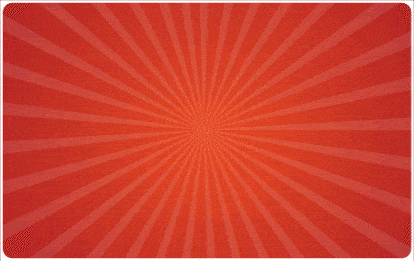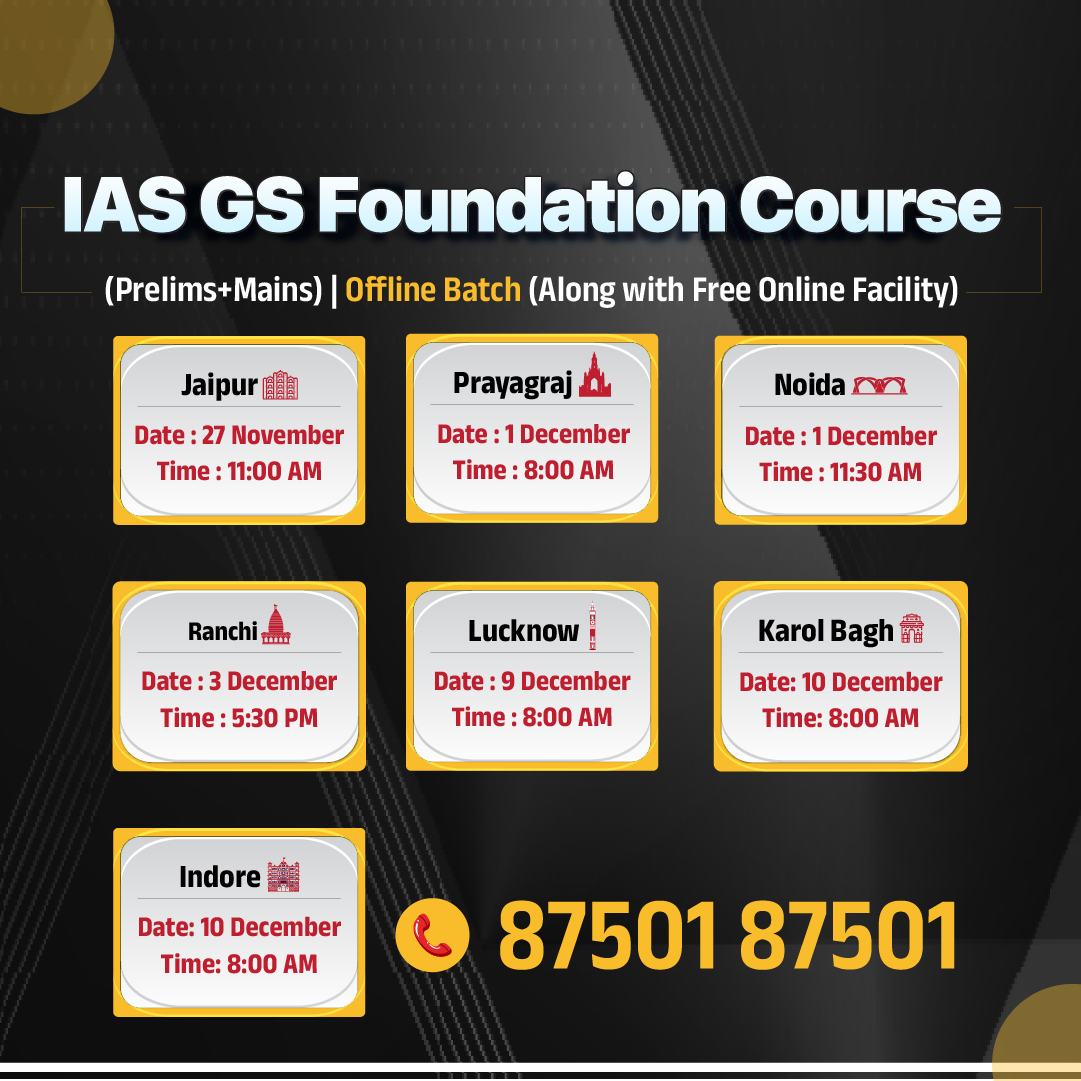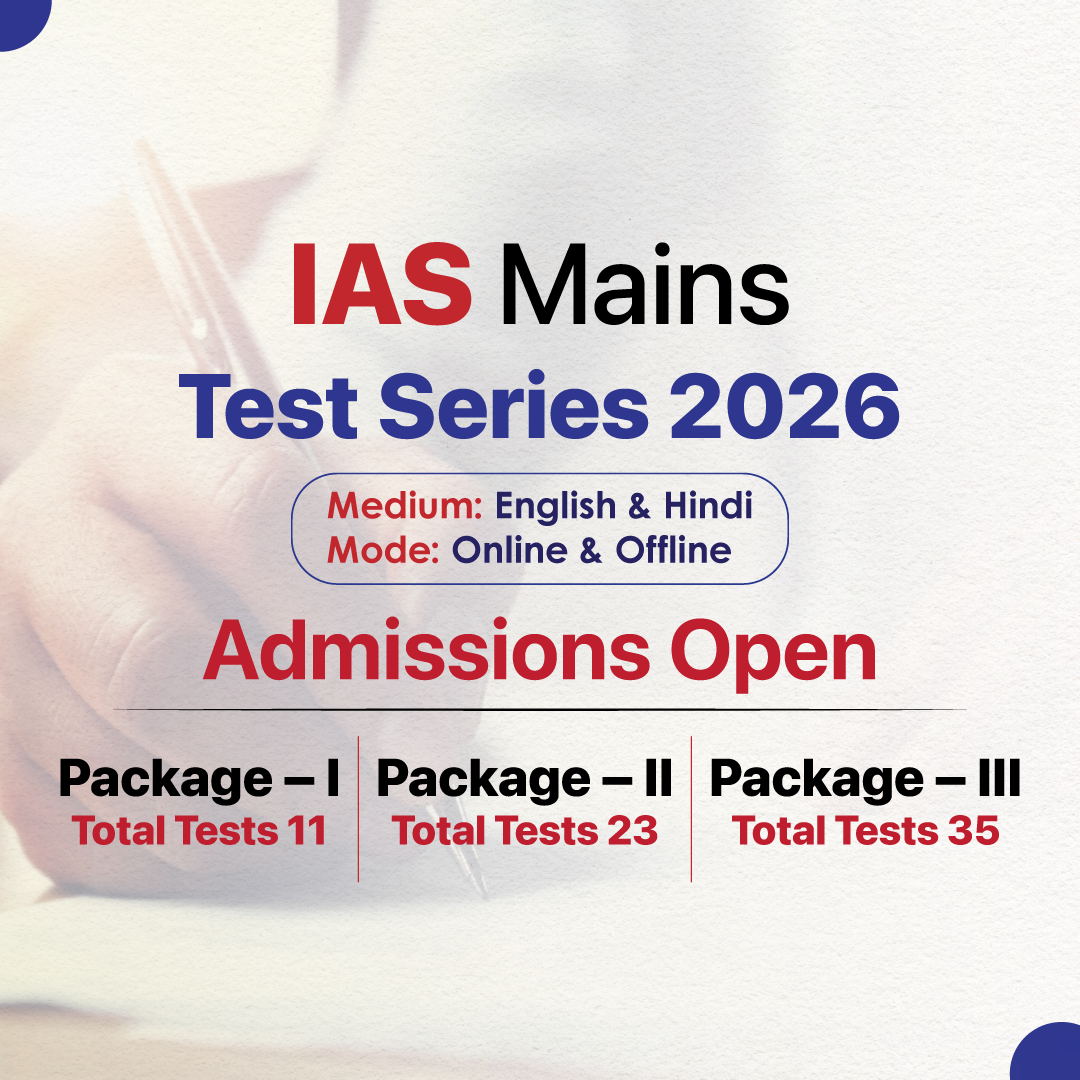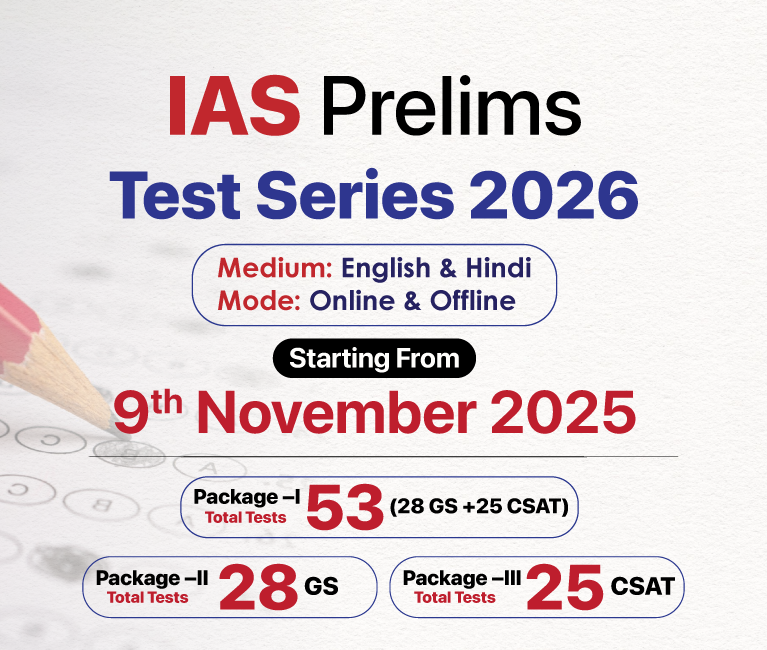Bihar Switch to Hindi
Pitru Paksha
Why in News?
Pitru Paksha, also known as Shraddha, is a significant period in the Hindu calendar dedicated to paying homage to one’s ancestors.
- In 2024, Pitru Paksha will commence on September 17 and conclude on October 2 with Mahalaya or Sarva Pitru Amavasya.
Key Points
- Pitru Paksha holds deep spiritual and religious importance in Hinduism. It is believed that during this period, the souls of deceased ancestors descend to Earth to receive offerings from their living descendants.
- This time is considered sacred for performing rituals to alleviate Pitru Dosha, which signifies ancestral debt.
- Rituals and Observances:
- The rituals performed during Pitru Paksha are known as Shraddha.
- These rituals are carried out with great devotion and purity to ensure peace for the departed souls and to seek their blessings.
- Key Rituals Include:
- Holy Bath: The person performing the rituals, usually the eldest son, begins by taking a bath in holy water, symbolizing purity.
- Offering Food and Clothes: Sattvik food and clothes are offered to Brahmins, who are invited to the home. This act is believed to nourish the souls of the ancestors.
- Pitru Tarpan: This involves offering water and sesame seeds to the ancestors while reciting specific mantras.
- Feeding Animals: Feeding cows, dogs, and crows is considered highly auspicious during this period.
- Cultural and Regional Practices
- Different regions in India have unique ways of observing Pitru Paksha. For instance, the city of Gaya in Bihar is renowned for conducting significant rituals during this period.
- Many people visit the Ganga Ghats to perform Pitru Tarpan, believing it to be especially meritorious.


.png)








.png)


.jpg)



 PCS Parikshan
PCS Parikshan

